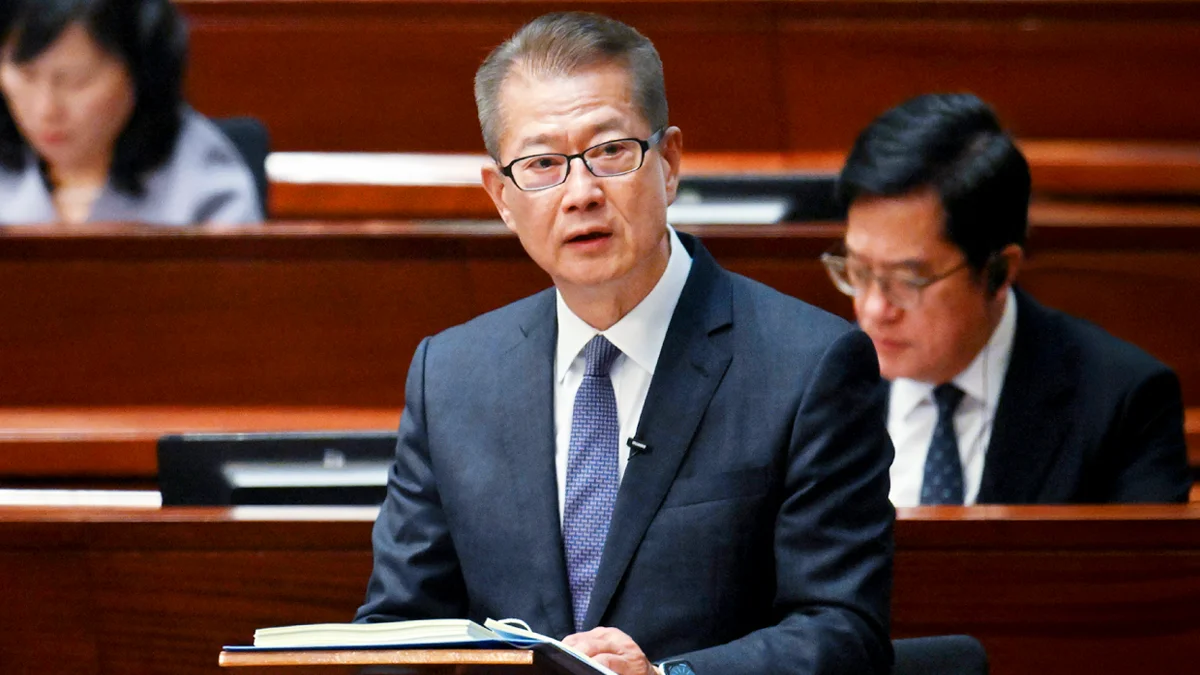(Re)in Summary
• Industry experts convened at the InsureTech Connect Asia Roadshow pinpointed major challenges in digital transformation.
• Hurdles include ensuring regulatory frameworks provide clear guidance, properly assessing market readiness and strengthening cybersecurity protections.
• Access to granular, high-quality data is critical to enable accurate claims handling.
• Collaboration with regulatory bodies is also key for shaping policies that address insurers’
needs for regulatory clarity and flexibility to test new technologies.
As insurance companies adopt digital technologies to improve products and better serve their clients, industry experts speaking at the InsureTech Connect Asia Roadshow in Hong Kong on 1 February said the practical implementation of digital transformation strategies continues to pose significant challenges.
These challenges are multi-faceted, ranging from a lack of clear regulatory frameworks to more practical and ongoing issues around data quality and a pervasive gap in talent.
A key concern for insurers is a notable lack of clear and conclusive regulatory frameworks to support digital innovation. Nathaniel Chandra Harjanto, Director of AIA Group, emphasised the urgent need for such frameworks while speaking as part of a panel at the ITC roadshow that explored how insurers can overcome regulatory complications to secure long-term gains.
“Regulations change very rapidly in markets and insurance is a highly regulated industry. Without conclusive regulations, there is uncertainty,” Harjanto said, adding that insurers should work closely with regulatory bodies to remedy this situation and help shape policies that support appropriate digital transformation.
Market readiness is another concern that Harjanto raised, urging the industry to consider the practicality, benefits and impact of any digital transformation efforts
“We need to consider whether new technologies will truly be relevant to customers so that we are not applying them for their own sake,” he explained. Harjanto stressed the importance of assessing return on investment and user experience.
Harjanto further discussed legacy system challenges and cybersecurity risks that come with emerging technologies.
“Before applying technologies like artificial intelligence (AI), companies need to establish a solid foundational infrastructure,” he said. Key to this is shoring up legacy systems and security precautions to support new digital innovations.
At the same time, noted Eve Fung, Regional Head of P&C Claims, Asia, at Generali, made it clear that when it comes to technology, details matter.
When it comes to managing insurance claims, for example, insurers in Asia need to address a challenge created by a lack of granular data and the need for detailed information that is necessary to make accurate assessments.
Data quality is a particularly important challenge to overcome, said Fung, speaking as part of the same panel.
One notable example is related to medical insurance, an area that has been touted as ideal to tap into the benefits of increasingly prevalent technologies like generative AI. Technology is key to minimizing costs and streamlining operations by, for example, eliminating manual data inputs.
Fung provided a pointed example: “It is difficult for optical character recognition (OCR) systems to interpret doctors’ handwriting. Using OCR to extract information from technical documents also impacts accuracy.”
This has a spill-over effect, with someone having to manually enter notes or double-check the data and missing out on the efficiencies that technology can offer.
Adding to the challenges is the fact that there is a significant gap in the availability of talent that can facilitate the adoption of advanced technologies like generative AI, according to Harjanto.
“To roll out new functions, we need employees with certain skill sets,” Harjanto said, also highlighting the challenge of attracting talent often drawn to tech giants like Google.
























